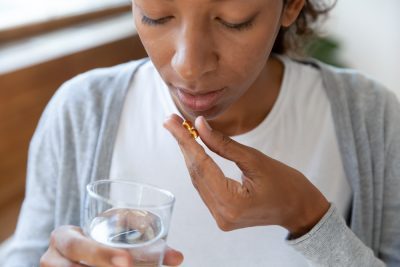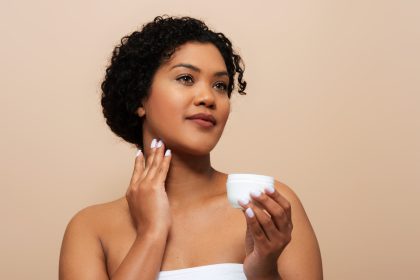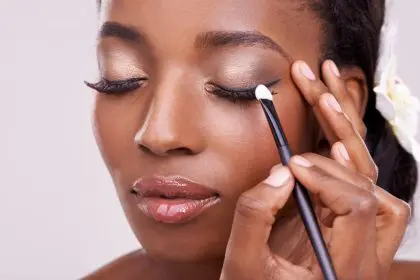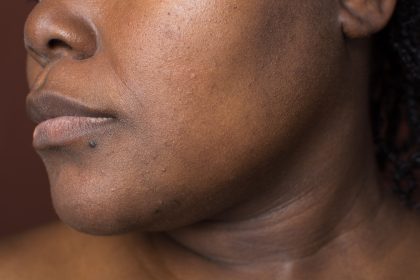The numbers are staggering with 50 million Americans battling acne annually and 15% of adult women experiencing persistent breakouts. Traditional treatments often fall short leaving many searching for alternatives. Now groundbreaking research reveals probiotics might hold the key to clearer skin through their powerful effects on both gut and skin health.
Why probiotics are changing the game
The science behind the magic: Probiotics represent highly specialized microorganisms that perform specific functions within the body. These beneficial bacteria work systematically reducing inflammation and balancing the microbiome both internally and on the skin’s surface. Research published in major dermatological journals demonstrates how these organisms communicate with skin cells influencing oil production inflammation responses and barrier function.
The gut-skin connection revolution: Scientific evidence increasingly supports the intricate connection between digestive health and skin appearance. When the gut microbiome becomes imbalanced it triggers systemic inflammation affecting multiple body systems including the skin. Recent studies demonstrate how this gut-skin axis influences acne development through various inflammatory pathways and immune responses.
The probiotic powerhouses: Laboratory research identifies specific probiotic strains showing exceptional promise in acne treatment. Bifidobacterium breve demonstrates significant anti-inflammatory properties while Lactobacillus rhamnosus helps strengthen the skin barrier. Clinical trials reveal these strains work through multiple mechanisms including reducing inflammatory markers modulating immune responses and improving skin barrier function.
Understanding the science
The supplement strategy: Scientific evidence supports specific dosage ranges for probiotic supplementation. Clinical studies indicate effectiveness at doses between 2 and 10 billion CFUs daily. Key strains including Lacticaseibacillus casei and Lactobacillus plantarum show particular promise in skin health improvement. Research emphasizes the importance of consistent long-term use over extremely high doses.
The topical treatment breakthrough: Recent dermatological research validates the effectiveness of probiotic skincare products. These formulations work by supporting the skin’s natural microbiome creating an environment where beneficial bacteria thrive while controlling harmful organisms. Studies show improvements in skin barrier function inflammation levels and overall skin health markers.
The comprehensive approach to clear skin
The food factor: Research identifies specific probiotic-rich foods offering significant benefits for skin health. Fermented foods contain naturally occurring probiotics along with beneficial compounds that support skin function. Studies show regular consumption of these foods correlates with improved skin health markers and reduced inflammation levels.
The timing technique: Clinical studies consistently demonstrate the importance of sustained probiotic use. Research indicates an eight to twelve-week minimum treatment period for observable results. This timeline allows for proper microbiome establishment and skin barrier improvement according to published dermatological data.
The professional perspective: Clinical evidence supports integrating probiotics into comprehensive acne treatment plans. Research shows combining probiotics with traditional treatments may enhance overall effectiveness while reducing side effects. Studies indicate professional guidance improves treatment outcomes through proper strain selection and treatment optimization.
Prevention strategies that work
Research demonstrates the preventive potential of probiotics in acne management. Studies show how these beneficial bacteria create an inhospitable environment for acne-causing organisms. Scientific evidence supports both internal and external probiotic use for prevention with measurable improvements in skin health markers.
Understanding the mechanisms
The science behind probiotic effectiveness involves multiple pathways. Research shows these organisms influence oil production immune response and inflammation levels. Studies demonstrate how probiotics modify the skin’s microenvironment creating conditions that support clear healthy skin.
Success with probiotic treatments requires understanding several key factors. Research indicates proper storage handling and administration significantly impact effectiveness. Studies show combining multiple beneficial strains often produces better results than single-strain approaches.
Common mistakes to avoid
Research identifies several factors that can reduce probiotic effectiveness. Studies show improper storage temperature exposure and timing can significantly impact results. Understanding these factors helps optimize treatment outcomes according to clinical data.
Ongoing research continues revealing new applications for probiotics in skin health. Studies explore novel delivery systems targeted probiotic strains and combination therapies. Scientific evidence suggests expanding possibilities for probiotic use in dermatology.
When to seek medical care
Clinical guidelines establish clear criteria for professional intervention. Research indicates specific symptoms and severity levels requiring medical attention. Studies emphasize the importance of early intervention for optimal outcomes.
New studies continue expanding our understanding of probiotic benefits. Research explores mechanisms of action optimal treatment protocols and novel applications. Scientific evidence increasingly supports probiotics role in comprehensive skin health management.
The bottom line
Scientific evidence supports probiotics as valuable tools in acne management. Research demonstrates their effectiveness through multiple mechanisms and applications. Studies show optimal results come from comprehensive treatment approaches combining internal and external probiotic use with traditional therapies.
Success requires understanding proper probiotic use protocols. Research establishes guidelines for selection storage and administration. Studies emphasize the importance of consistency and proper implementation for optimal results.















